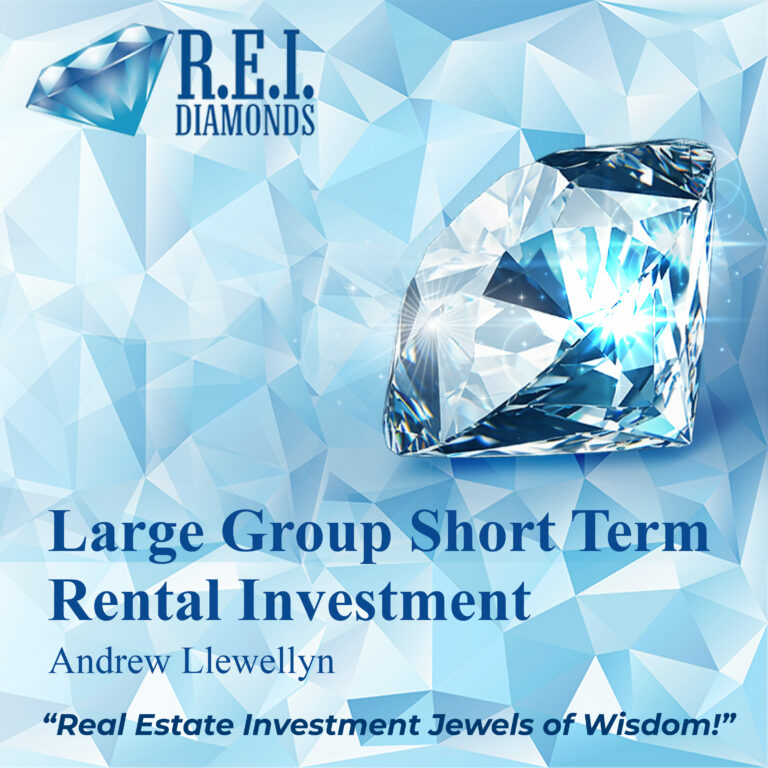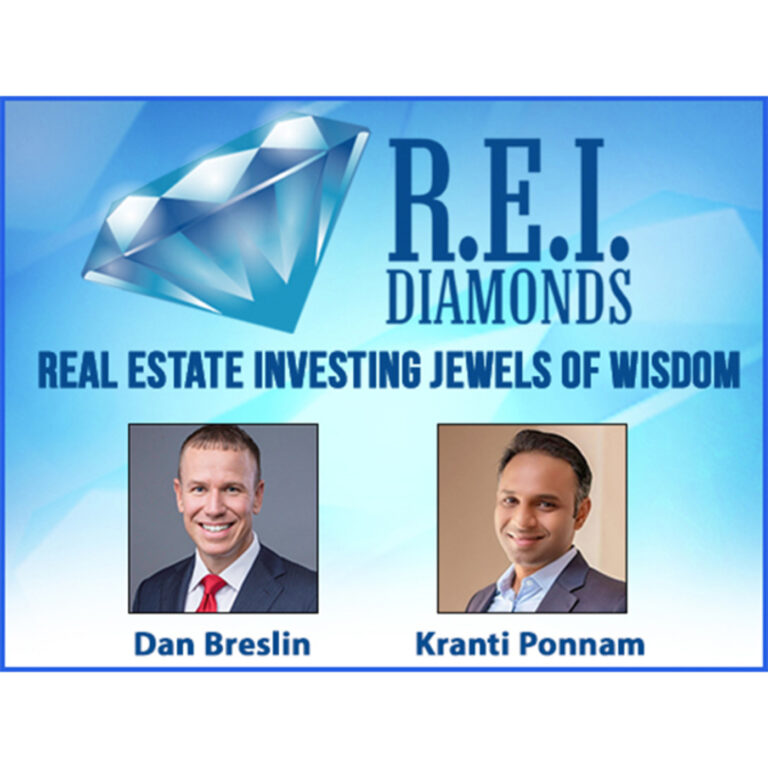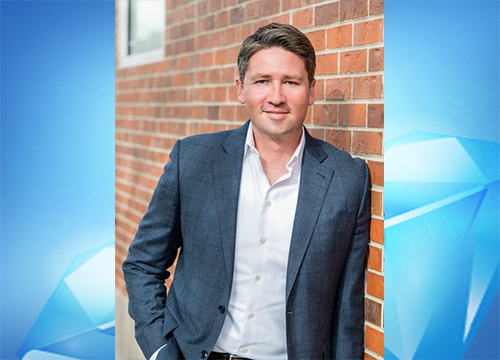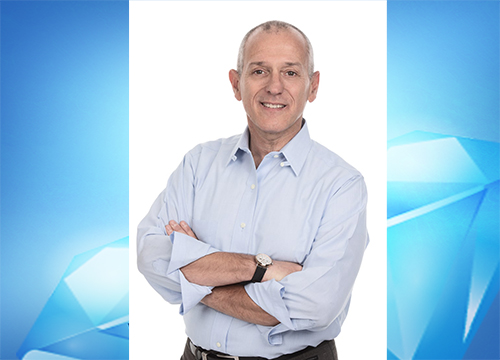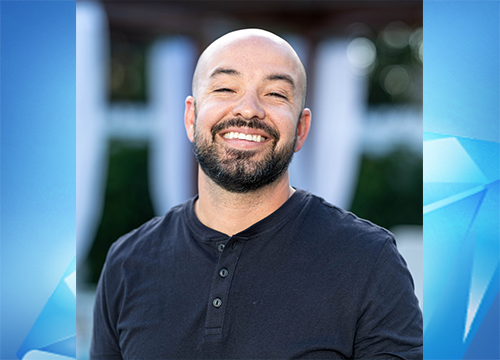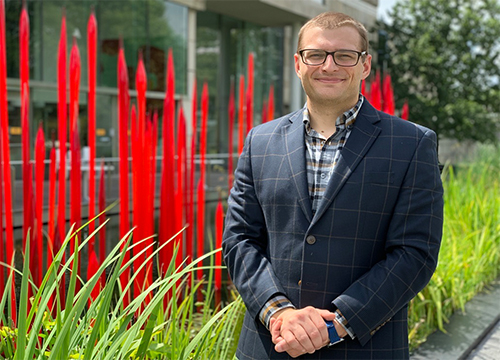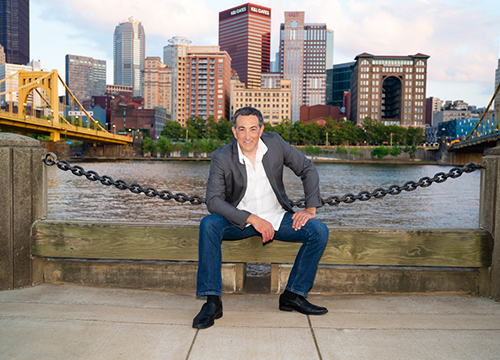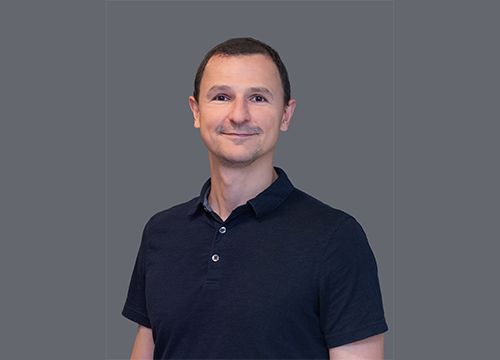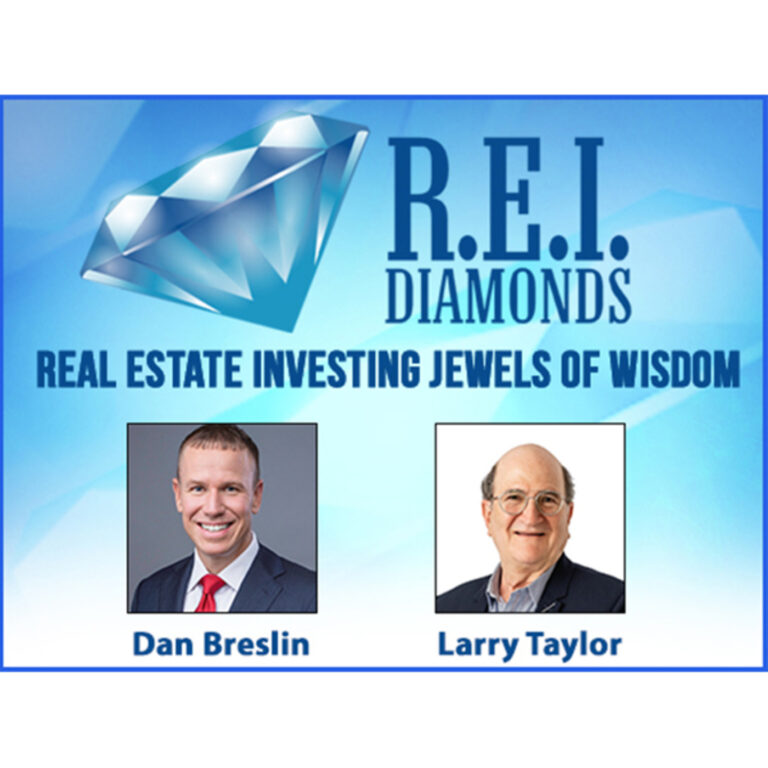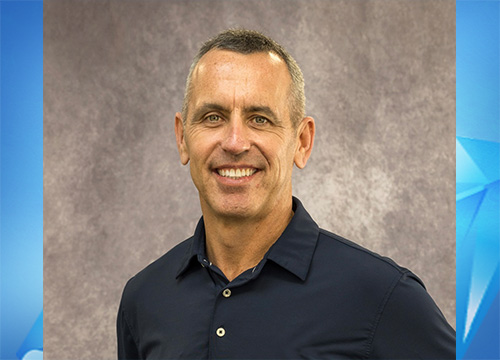
Elevating Your Life: Unraveling the Journey to Freedom and Fulfillment with Brad Chandler
Guest: In this episode we speak with Brad Chandler, the driving force behind Express Home Buyers and a true pioneer in the real estate industry. From building a successful company with a formidable SEO presence to a transformative shift in mindset and lifestyle, Brad’s story is nothing short of remarkable. Discover how he overcame limiting beliefs, harnessed the power of hypnosis, and found the keys to happiness and longevity. This episode is a beacon of hope for those seeking not just success in real estate but a holistic approach to well-being and fulfillment.
Big Idea: In this episode, our guest Brad shares his personal journey of self-discovery and the tools he developed, such as the Joy Regenerator and hypnosis, to break free from negative patterns. The conversation explores the interconnectedness of mind, body, and spirit, emphasizing that success in real estate and life requires a holistic approach that goes beyond financial achievements.
Dan: Yeah, for sure. It was very exciting. I mean, I’ve seen the Express Homebuyer’s website for a long time. You guys have a very strong SEO presence in a very large number of markets around the country. I assume it’s intentional or not, but there’s a bit of notoriety and a bit of fame around the company itself, and it’s really cool to have someone who has been part of building that company here on the show today.
Brad: Oh, thank you. Thank you.
Dan: So for listeners who don’t know who Express Homebuyer’s or maybe Brad Chandler is, do you want to give an introduction and maybe a reader’s digest version about how you got to where you’re at today?
Brad: Sure. Yeah, I’ve read a book in ninth grade by Robert Allen, who I got the pleasure of finally meeting after 30-something years or 40-something years at a mastermind that I’m involved in. How to buy real estate with no money down when I was in ninth grade and then knew I always want to do real estate because I wanted to make a ton of money.
We’ll get to why in a bit. In 2002, an investor bought my neighbor’s house in Vienna, Virginia, and I went and talked to him and he’s like, yeah, I buy houses at 30% below market and I resell them. I’m like, I must have read that book too long ago because I forgot you could do that. At the time, I just had a newborn son and I decided I was going to do it. I was going to make a company buying houses, but I was working full-time, so I’d come home, spend six days with him, put him to sleep, and that went on for eight long months then. I mean, I was busting my hump and every week that went by, I couldn’t find a deal, but I was going to these meetups and seeing all these deals and I was like, if they can do it, I can do it. In July of 2003, I bought my first house. In July and August, somehow I bought six houses and then October of that year, I went to my boss and said, “I quit”, came home and told my wife at the time I quit. She goes like, “Are you crazy?” I was like, “no, I just started Express Homebuyers. It’ll be fine.” Here we are 20 years later in 4,000 houses and we’re not still married, but it’s been fine.
This Episode of The REI Diamonds Show is Sponsored by the Deal Machine. This Software Enables Real Estate Investors to Develop a Reliable & Low Cost Source of Off Market Deals. For a Limited Time, You Get Free Access at http://REIDealMachine.com/
This Episode is Also Sponsored by the Lending Home. Lending Home Offers Reliable & Low Cost Fix & Flip Loans with Interest Rates as Low as 9.25%. Buy & Hold Loans Offered Even Lower. Get a FREE IPad when you Close Your First Deal by Registering Now at http://REILineOfCredit.com
Resources mentioned in this episode:
https://www.Facebook.com/BradChandlerCoaching
For Access to Real Estate Deals You Can Buy & Sell for Profit:
https://AccessOffMarketDeals.com/podcast/
Brad Chandler & I Discuss Elevating Your Life:
- Building a Strong SEO Presence: Strategies and insights for establishing a powerful online presence in the real estate market.
- Navigating Real Estate Challenges: Brad’s experiences and lessons learned from buying and selling thousands of houses.
- Overcoming Obstacles in Real Estate: How to persist and thrive in the face of challenges and setbacks.
- The Power of Networking: The significance of connecting with like-minded individuals and building a supportive community in the real estate industry.
- Transformative Mindset Shift: Brad’s journey from a traditional real estate approach to a mindset-focused, streamlined business model.
Relevant Episodes: (There are 235 Content Packed Interviews in Total)
- Tech to Real Estate: A Unique Journey with Kranti Ponnam
- Real Estate Uncovered: Building Success and Weathering the Storm with Doug Faron
- Scaling with Strategy in Real Estate with Jim Fredo
- Inside the Self-Storage Industry with Jacob Vanderslice of Van West Partners
The transcript of this episode can be found here.
Transcripts of all episodes can be found here.

